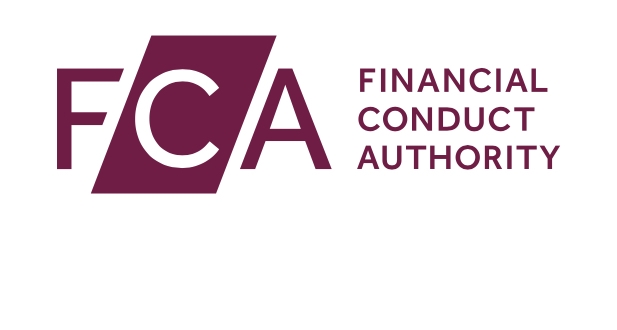The Financial Conduct Authority has relaxed some of its rules on special purpose acquisition companies (SPACs), an increasingly popular takeover vehicle.
The new rules will come into effect on 10 August.
SPACS, popular in the US, are used pre-funded shell or ‘blank cheque’ takeover vehicles to acquire other firms.
Greater use of SPACS could see them used to acquire Financial Planning and wealth management firms, currently at the centre of takeover activity.
A number of financial firms in the UK, including Goldman Sachs, are building SPACs teams.
The regulator announced it was consulting on its rules on SPACs in April, as it looked to allow more SPACs but tighten regulation to ensure investors are protected.
Under its original consultation, the FCA had proposed SPACs should raise at least £200m from a float but the regulator has now halved this requirement to £100m. However, from next month, SPACs will have to ring-fence the capital raised from public shareholders.
Currently a SPAC listing in the UK is typically suspended at the point it identifies an acquisition target. From next month, SPACs will no longer be forced to pause trading once they find a business to acquire.
Instead, the regulator has set a two-year time limit from admission to listing for SPACs to find and acquire a target. The regulator said this time limit can be extended by 12 months subject to shareholder approval or by six months without a shareholder vote should specific circumstances be met. This is intended to provide more time for a SPAC to conclude a deal where a transaction is well advanced.
Shareholder approval will also be required for any potential acquisition, with SPAC directors prevented from taking part in the vote.
Shareholders will also be able to exit their shareholding before any acquisition is completed. From next months SPACs will have to provide a redemption option at the point of acquisition.
The FCA has also tightened the rules on conflicts of interest for SPAC directors in an attempt to lessen the number of conflicts of interest arising within SPAC structures. From next month, boards will now have to publish a statement if any directors have a conflict of interest with the target firm.
The regulator said the rules aim to provide “more flexibility” to larger SPACs, provided they embed certain features that promote investor protection. Private companies listing in the UK via a SPAC will also still be subject to the FCA’s listing rules and transparency and disclosure obligations.

